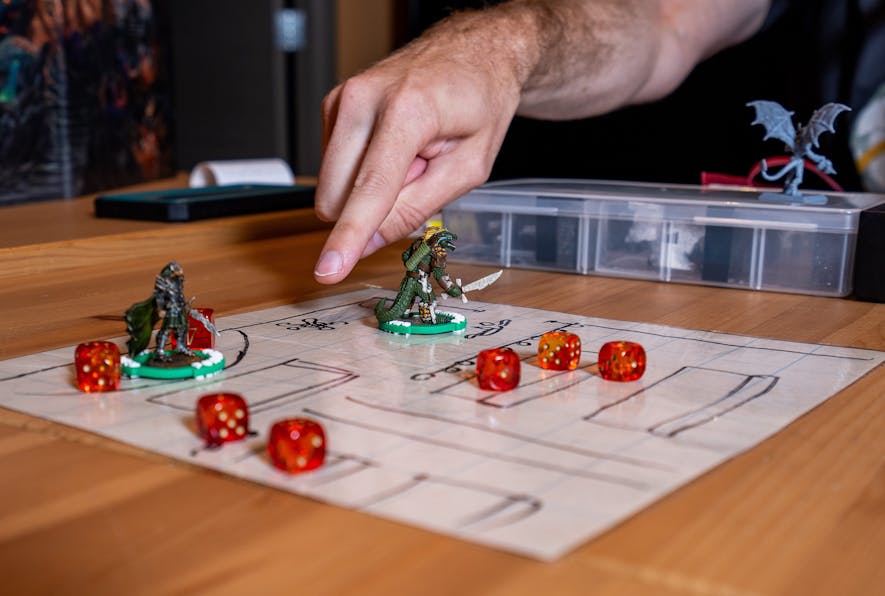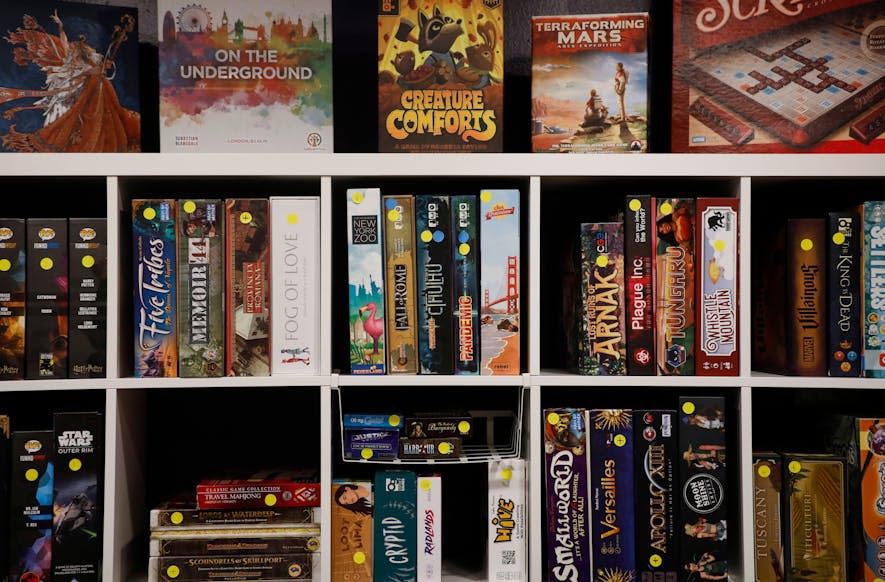There's a lot of strong dynasty analysis out there, especially when compared to five or ten years ago. But most of it is so dang practical— Player X is undervalued, Player Y's workload is troubling, the market at this position is irrational, and take this specific action to win your league. Dynasty, in Theory is meant as a corrective, offering insights and takeaways into the strategic and structural nature of the game that might not lead to an immediate benefit but which should help us become better players over time.
Meet Colonel Blotto
Here's a game to play with a friend: imagine that you two are opposing generals and you each have four regiments under your command. You are both tasked with conquering three battlefields. If you send more regiments than your opponent, your side will win the field. If you send fewer, you will lose it. If you both send the same number, the battle is a stalemate and the field remains neutral.
It takes time for your army to travel, so you must give your marching orders before you know what your opponent is going to do. You assign your armies, your friend assigns his or hers, and then you reveal your choices and figure the results. Whoever ends the game with more captured battlefields wins.
This is known as a Blotto game, and it is one of the classic games in the field of game theory. (The "games" in game theory are designed to be solved, not to be played; as a result, they are rarely very fun. Though they often serve as the basis of games that are quite fun, indeed.)
Winning at Blotto
Let's think through the strategies of this game. There are only four ways to divide your troops: 4/0/0, 3/1/0, 2/1/1, and 2/2/0. (All three battlefields are featureless and interchangeable, so assume the destination is chosen at random, meaning 2/2/0 is the same as 2/0/2 and 0/2/2.) Which strategy is the best? If you and your opponent each select the same strategy, the net engagement does not favor one side or the other, so what matters is how each strategy fares against the other three.
4/0/0 is obviously a terrible strategy, never capable of taking more than a single battlefield. There is no way for it to win; the best it can hope for is a draw. It can be safely discarded.
3/1/0 will lose 33% of the time against 2/2/0 (when your 3 faces off against their 0), win 33% of the time (when your 1 faces off against their 0), and draw 33% of the time (when your 0 faces off against their 0), so neither strategy dominates the other. It will win 0% of the time against 2/1/1, lose 33% of the time, and draw 66% of the time, so it can be said that 2/1/1 "dominates" 3/1/0 (meaning 2/1/1 is strictly better and cannot lose if your opponent selects a 3/1/0 strategy). Since 3/1/0 does not dominate any other strategy and is dominated by another strategy, there is no reason to ever use it. It can be safely discarded.
2/1/1, as has been mentioned, will dominate 3/1/0. Against 2/2/0, it will win 0% of the time, lose 33% of the time, and draw 66% of the time. So 2/1/1 dominates 3/1/0, but 3/1/0 is a failed strategy and that domination is pointless. Meanwhile, it will be dominated by 2/2/0. 2/1/1 never produces a winning result against a top strategy, so it can be safely discarded.
2/2/0 dominates 4/0/0 and 2/1/1, and it breaks even against 3/1/0, (and, of course, against another 2/2/0). At best, it's a win, and at worst, it's a tie. Under the terms of the game, it is the optimal strategy.

I've deliberately chosen a simple Blotto game to illustrate the mechanics of finding a solution, but Blotto games can get unbelievably complex. Both sides can have a different number of units at their disposal (if one side has six units and the other has four, there's a deployment strategy that guarantees victory; I'll leave it to the reader to puzzle it out).
Sides can gain additional points for every enemy unit they defeat, or the different battlefields can be worth a different amount. If one of the battlefields was worth five points and the others were worth one, smart players would send all of their troops to the important field every time and damn the rest.
Demonstrating how deceptive their simplicity is, despite being invented in 1921, Blotto are still being "solved".
What Does This Have To Do With Fantasy Football?
Like most classics from game theory, the deceptive simplicity of the Blotto game belies its great utility. Beyond the obvious troop deployment considerations in war, Blotto games have been used to estimate optimal research and development spending, allocation of marketing budgets, political campaigning tactics, salary cap spending, and more. Any time you have direct competitors allocating resources under imperfect information, you likely have a Blotto game on your hands in one form or another.

That includes fantasy football, and especially dynasty leagues.

